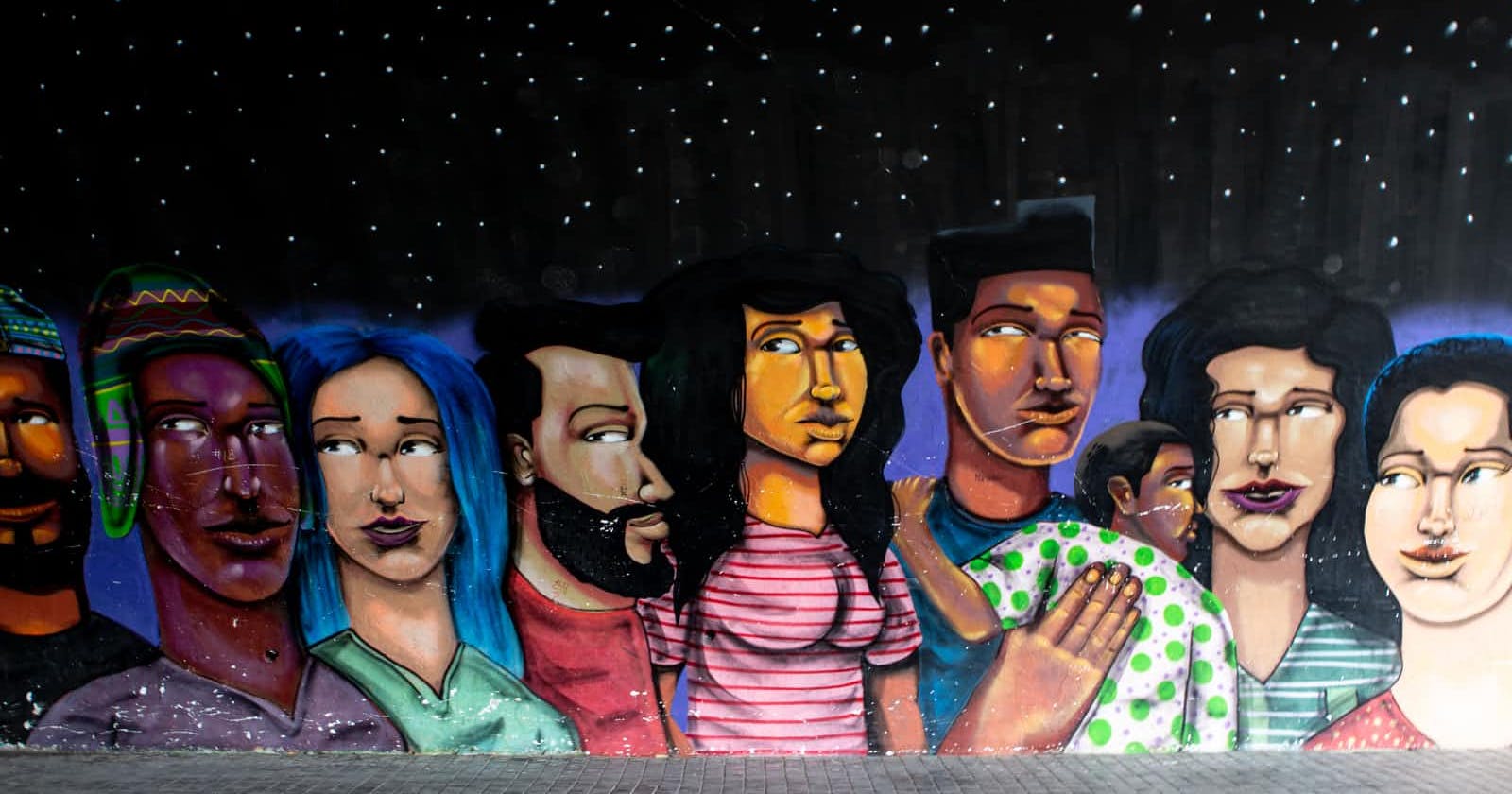Allyship
It was nice to listen to the episode about Understanding & Supporting Intersectional Identities In The Workplace on the Leading With Empathy & Allyship podcast. On top of the central discussions, Renzo's story and struggles as an immigrant in the US were very relatable.
I could relate to some struggles, especially the language barrier. Even today, I still feel the language barrier and am always in fear of not using the right words when writing or speaking in a workplace. Luckily, I have had great support from colleagues in my current and previous workplaces.
User Experience
I recently subscribed to Ami Vora's (VP Product @ WhatsApp) Substack. So far, her articles have been insightful. I would recommend reading 6 ways to get user empathy without leaving your house. It hits the points well, and I felt that if I am a product person then I would do similar stuff to understand users better. We have also previously done an exercise by turning on the accessibility talk-back mode on the phone to understand the gaps the app had regarding accessibility. Also, it was a painful exercise, and it made us more aware and emphatic towards users who have to deal with this daily.
Remote Work
Pinterest recently shared their model for the future of work called PinFlex. It is a hybrid model where they aim to connect in person 25% of the time for important and well-planned collaborations. It is something they've planned, so we're yet to see the actual outcome of this model. I'm wondering how well this model would work in their different offices around the world.
Interviews
GitHub engineering recently shared how they do take home technical interviews. We at Touchlab do have a very similar process where we use a project on GitHub that we copy and share with the candidates and then once they finish they make a Pull Request. A few unique things in GitHub's process are the automated bot that does the job of copying and sending the project, and also the anonymization of the code/author. I liked that they're focusing to reduce bias.
To quote their article,
To further reduce bias, the system anonymizes the submission (as best as it can) by removing the title. The Git commits and pull request will display Interview-bot as the author. To the reviewer, the pull request comes from Interview-bot and not the candidate.


